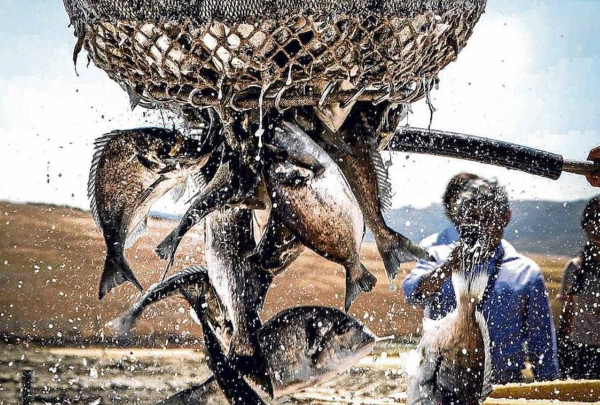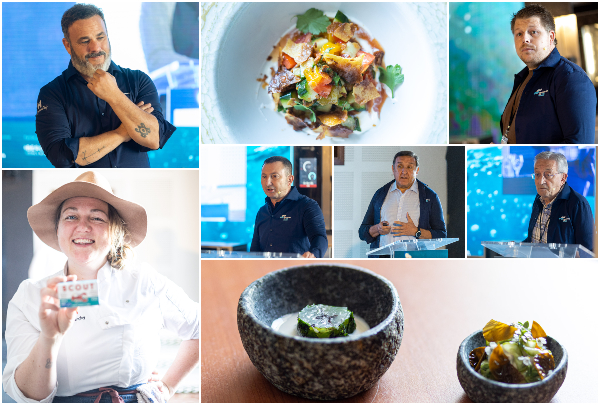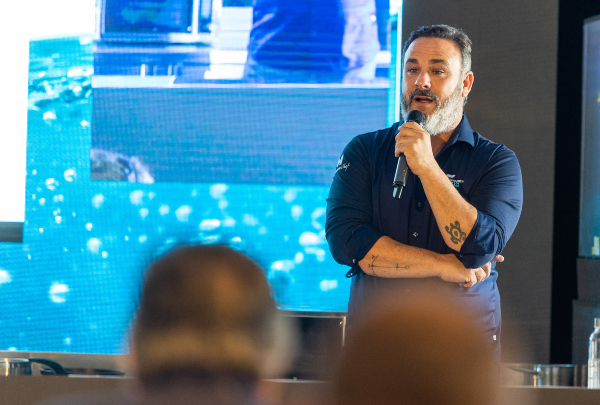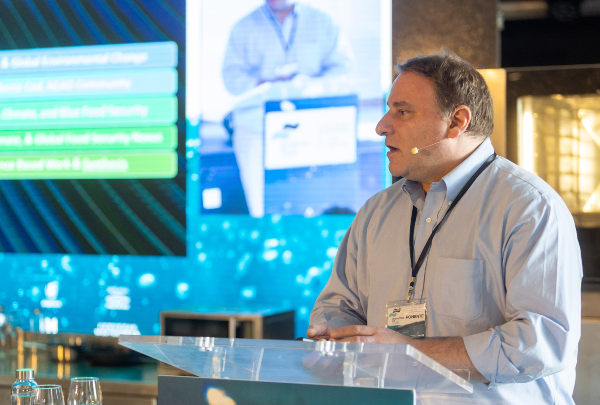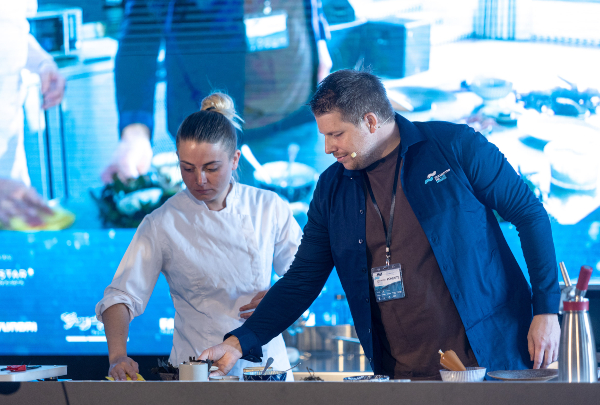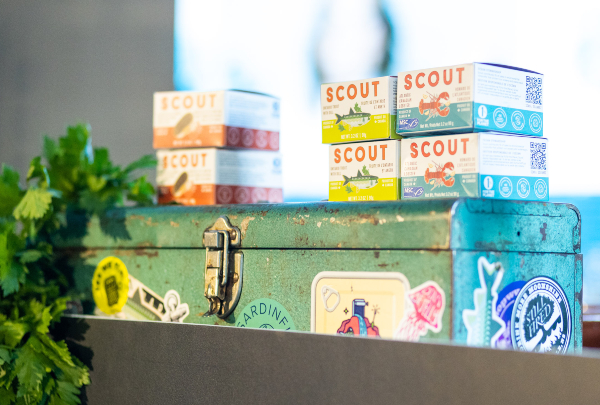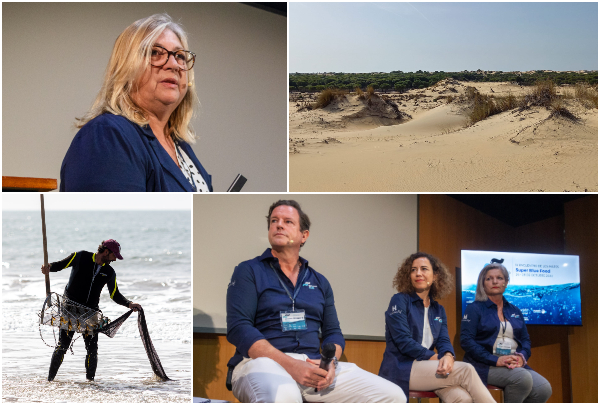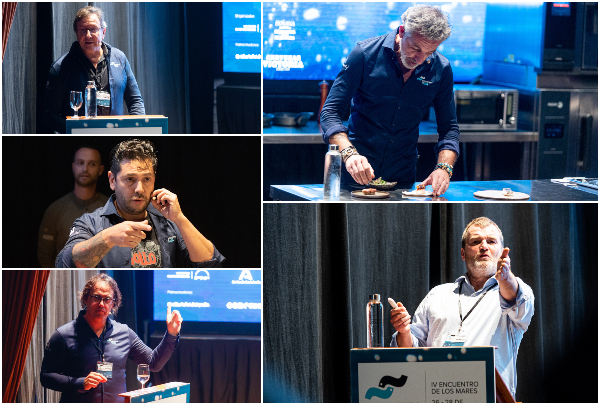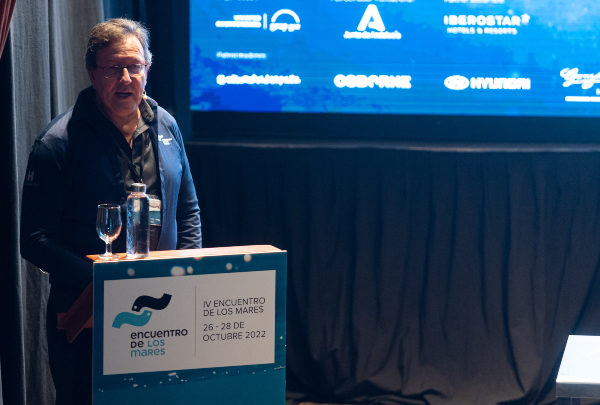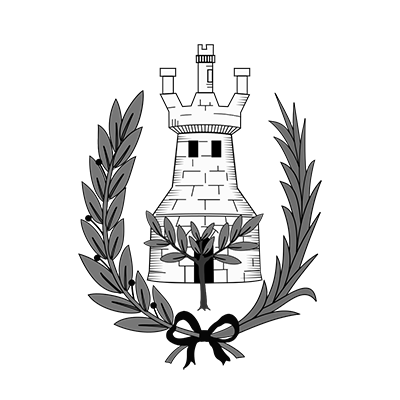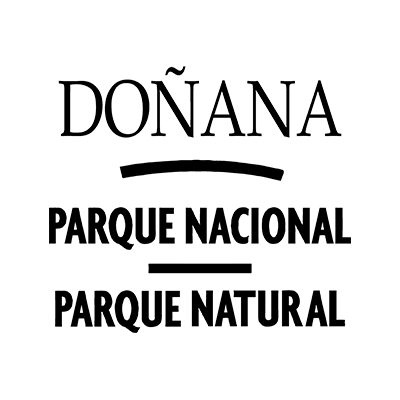News
The mussel, Galicia's most popular super food
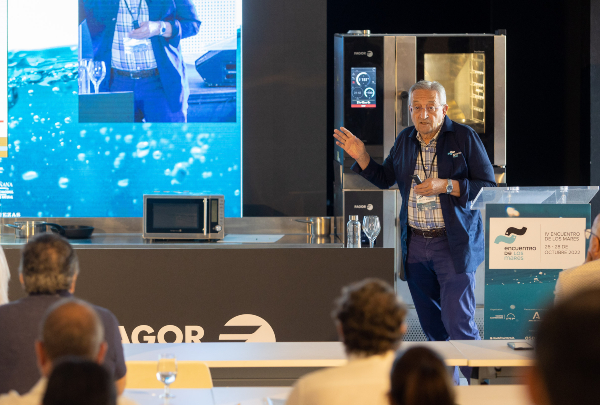
The winner of the 2022 Sartún Award, marine biologist Uxío Labarta, makes a stand for the mussel, a super food with a "low environmental footprint and high protein value, at a price that hasn't gone up in recent years".
CSIC researcher and aquaculture pioneer Uxío Labarta, who collected the Sartún Award at the congress on Thursday, extolled the virtues of sea food on Friday. Galician mussels are "our most appreciated super food", a product with a low environmental footprint, top-quality protein, Omega-3 fatty acids, a high content of iron and B12, phytosterols and low metal traces. “And they contain no arsenic, even though this has been mentioned", argued Labarta.
The marine biologist described the history of the mussel, a product which is Galician, but did not start off there, and was produced in the early 20th century in the ports of Barcelona, Tarragona and Valencia, "albeit with seeds from Galicia and the Cantabrian Sea”. Its beginnings in Galicia were a pilot test in Cangas in 1934. It was subsequently produced in the Arousa estuary, and production continued until the number of mussel platforms was cut back in 1976.
The man who was also a member of the Galician Parliament claimed this was a product destined for canning, but eventually emerged as fresh produce. “Now it's appreciated in the same way as the oyster, but its prices have barely changed in all these years". However, consumption is on the up and up, "and now production in European countries doesn't meet consumption", "and so now it's being grown outside the old continent.
Touching on the differences between the growth of its shell and its flesh, which depends on the planting time, solar radiation, food and river flow, the Galician rounded off his talk in defence of cultivation, because "it isn't true that cultivation alters the marine ecosystem because it doesn't let organisms around it grow". He demonstrated this by explaining the use of mussel faeces, which "have approximately 38% carbon content. 50% of this stays with it, it feeds other foods, and fertilises the water".
Finally, its CO2 footprint? "Low. Lower than lobsters and oysters, and practically the same as vegetables" The Galician super food par excellence.
